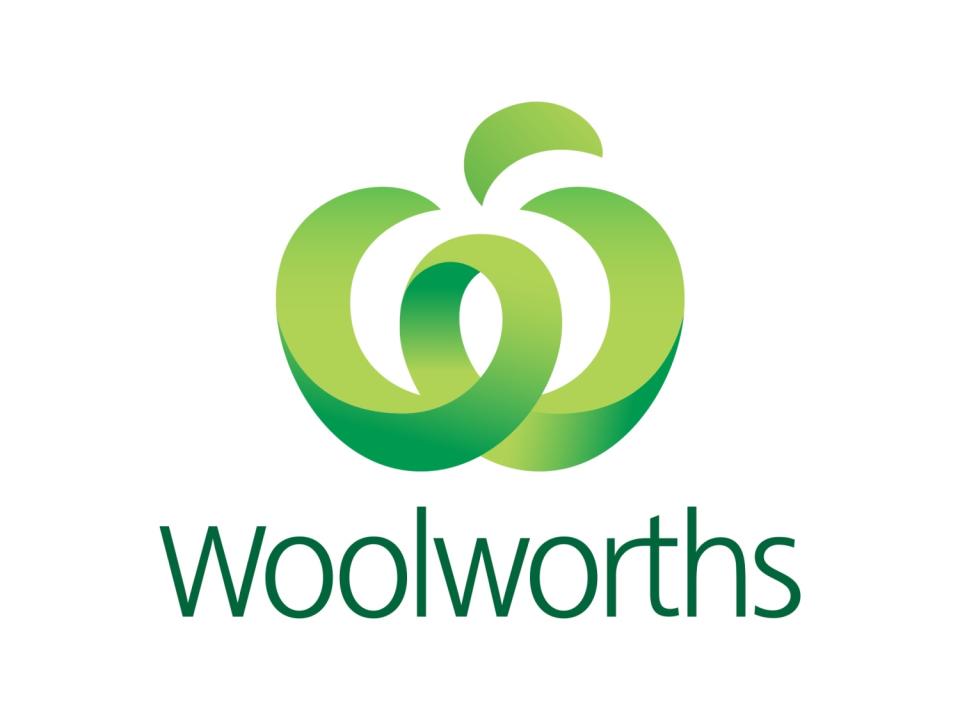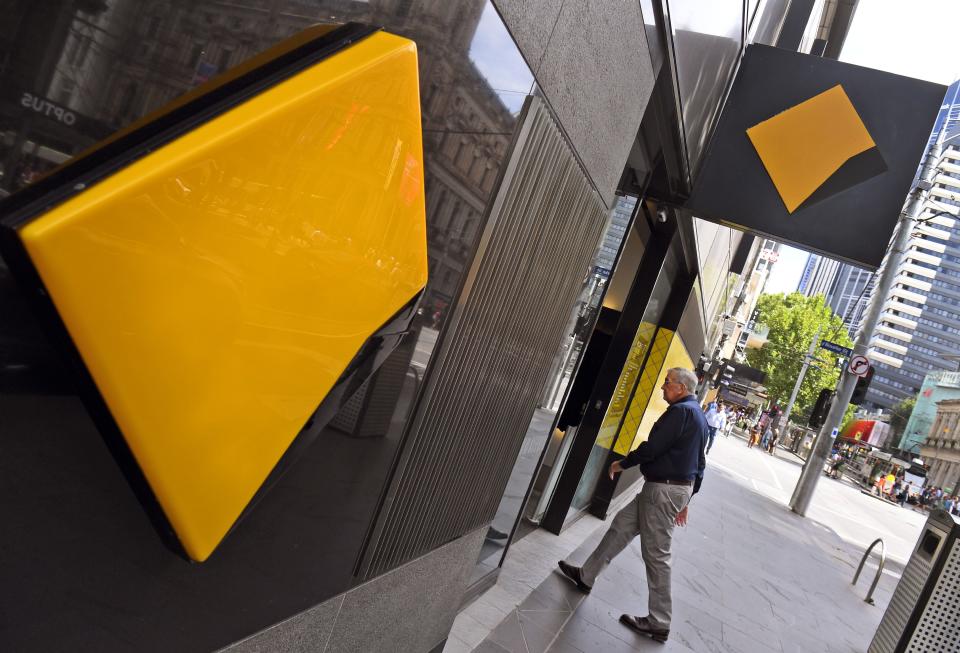How long will the stock market take to bounce back after coronavirus?

For a few weeks now the ABC has been sending me down to the ASX headquarters in Bridge Street Sydney to cover the market collapse.
It’s a little tricky because there are no traders down there, just a few electronic screens displaying price information.
So why go at all? Well people do congregate there - and perhaps for the same reason that many have braved very long Centrelink queues in recent days… folks want to know they’re not in this alone.
It’s been extraordinary to watch the market falls.
ABC presenter Jo O’Brien said to me at one point during a live cross:
‘David, what’s the latest from the market?”
… and I actually replied:
‘Jo, it’s improved a bit now… only down 5.5 per cent.’
That gives you a sense of the enormity of what’s going on.
The question on everybody’s lips is: how long will the stock market take to bounce back after coronavirus?
Stock markets during coronavirus: The great unknown
I’d love to give you a straight answer, but we just don’t know. That’s precisely the reason the market’s falls have been so shocking.
Until the pandemic is contained, we don’t know how much damage it will do to the economy. If we don’t know how much damage it will do to the economy, we can’t work out how company valuations will be affected and therefore how stock prices will move.
You can, however, look at how individual companies are working their way through this crisis to gauge where there may be an end point to the value destruction.
Woolworths and Coles during Covid-19 virus shock

The movements in the Woolworths share price are fascinating. It crashed like most other stocks but then swiftly recovered half of those falls.
Investors figured that panic buying was going to produce a surge in sales. It did. And of course Woolworths is considered a ‘safe stock’ because of how diversified the company is and the fact that it sells products we all need every day.
However in recent days the stock price has fallen heavily because of physically distancing measures, quarantine, and a huge surge in unemployment.
Folks simply aren’t getting out and about, which means supermarkets and department stores will take a big hit.
Commonwealth Bank during virus crisis

The banks are on the hook too.
To minimise their losses, they offered up loan ‘holidays’ to homeowners and businesses.
These aren’t loan holidays because the loan, every single cent of it, will need to be paid back.
However the logic behind it is that it staves off a potential run on the banks. If the unemployment rate spikes to 10 per cent, millions of people won’t be able to pay their mortgage, and the property market would crash.
The banks have huge buffers, but we’ve learned in recent months that when panic sets in, all bets are off. Even the suggestion, in this climate, that a big four bank could be in financial distress could cause an Australian credit crunch.
If the policy measures put in place can prevent a property market crash, the banks stand a good chance of recovering once the pandemic is brought under control.
Will BHP recover quickest from coronavirus financial crisis?

And, of course, there’s BHP – the beating heart of the Australian economy.
There is some evidence Chinese manufacturing and industrial production is working again. The quicker the Chinese economy can recover from its own economic crisis, the more rapidly Australia’s mining industry will also recover.
It appears this may be happening already.
There is hope
All the stockbrokers and analysts I’ve spoken to have said the financial markets’ volatility will likely be with us for some months.
After that, the market will work out whether to recover, or fall further.
Right now we haven’t seen percentage falls that compare with the 1987 stock market crash and the 1991 recession that followed. That may change, but for now, we’re not in that sort of territory.
What we are seeing are the kinds of falls in the lead up to the global financial crisis.
It’s all resting on a vaccine for coronavirus.
That will come, economies will recover, and businesses will return to normal, notwithstanding quite a bit of collateral damage.
One huge positive not for younger Australians is that when the market does bottom, and it’s clear the economy is on the right footing, it’ll be a once-in-a-generation stock market buying opportunity.
That’s cause for… some hope.
@DaveTaylorNews
Make your money work with Yahoo Finance’s daily newsletter. Sign up here and stay on top of the latest money, news and tech news.
Follow Yahoo Finance Australia on Facebook, Twitter, Instagram and LinkedIn.

 Yahoo Finance
Yahoo Finance 